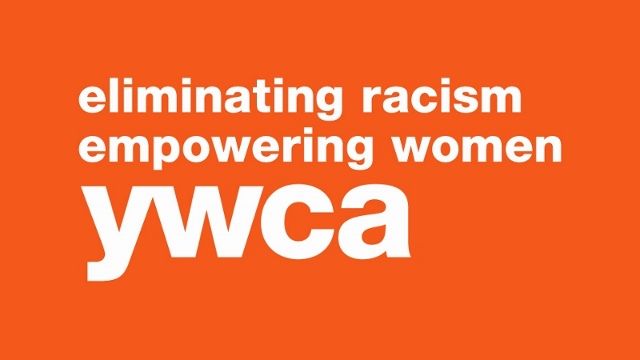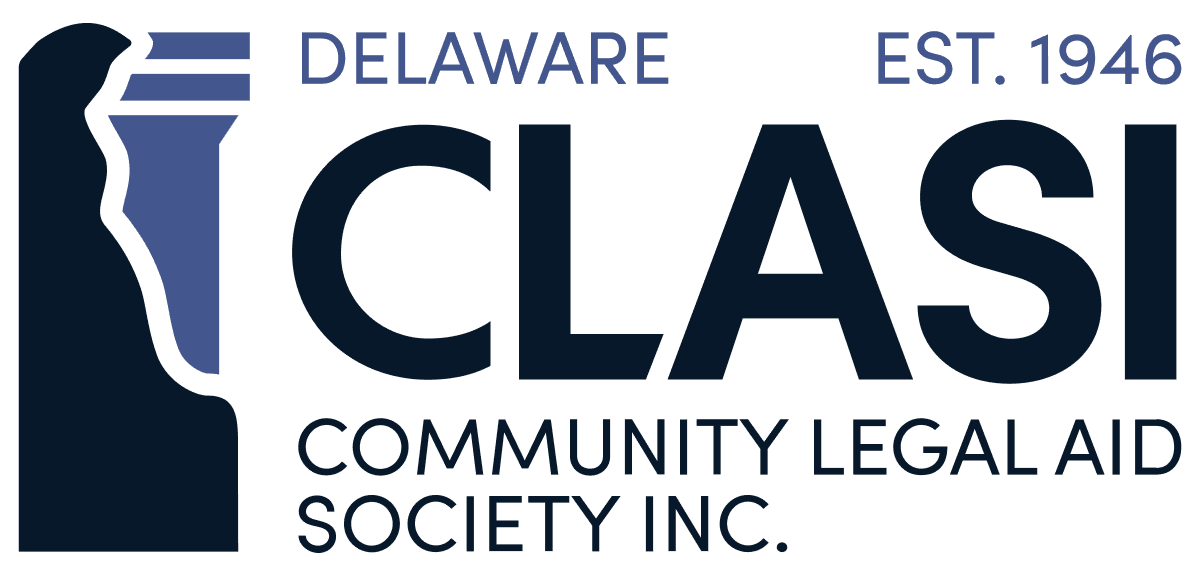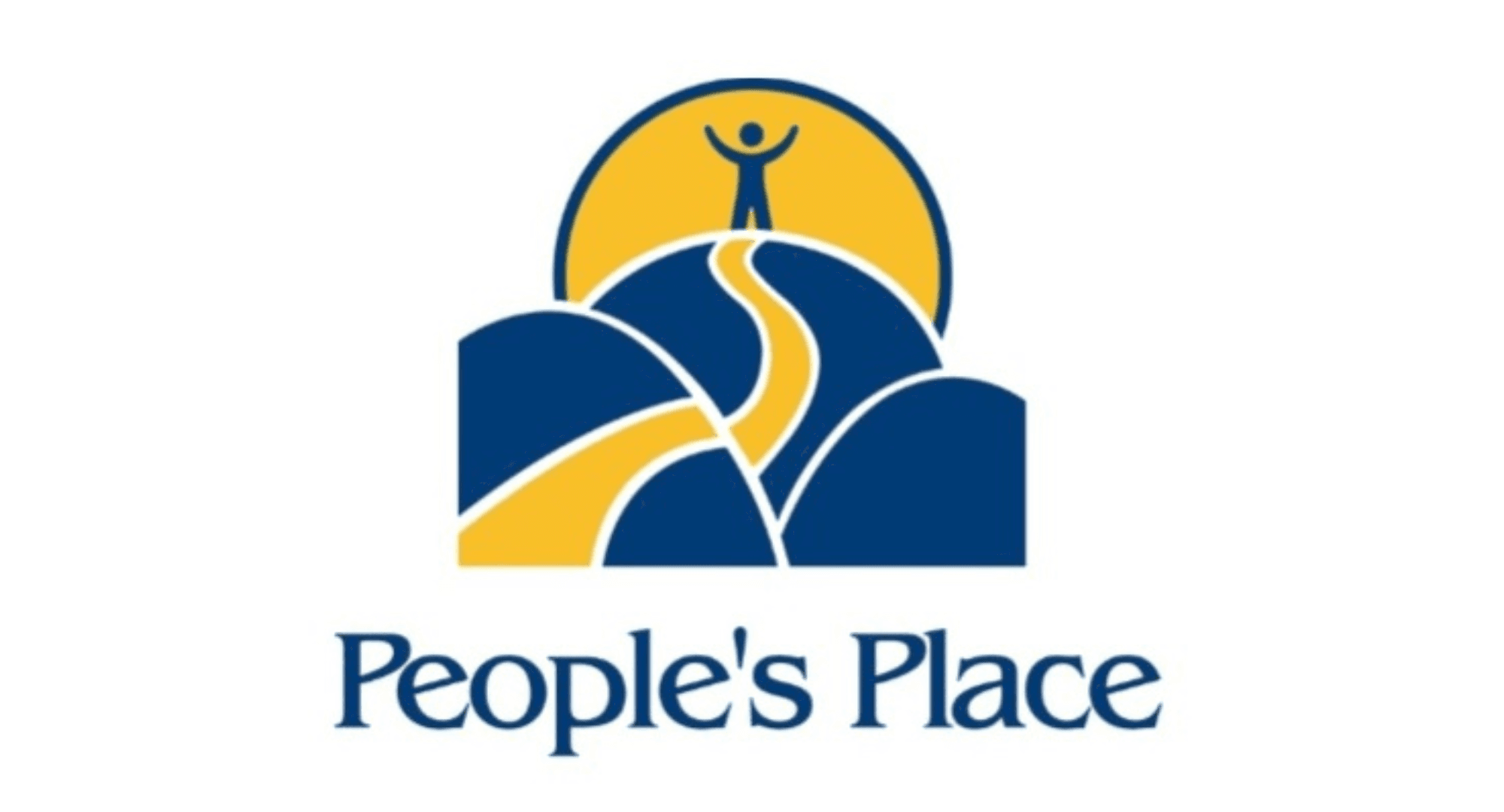Black Breastfeeding Week: Human Milk It Does a Body Good
Priscilla Mpasi, M.D., FAAP
ChristianaCare, Assistant Clinical Director for Complex Primary Care and Community Medicine
Pediatrician, Delaware Chapter American Academy of Pediatrics
We celebrate Black Breastfeeding Week August 25-31 and this year marks the 10th year of Black Breastfeeding Week (BBW). August is National Breastfeeding Month and BBW allows health advocates and communities to both promote awareness and highlight the special challenges and triumphs of being Black and breastfeeding. The theme for 2022 National Breastfeeding Month is Together We Can Do Great Things and that is a critical approach to increasing breastfeeding for Black infants. Given the recent infant formula shortage, breastfeeding promotion has expanded especially in these last few months, with the opportunity to provide more education and resources to families and communities.
Breastfeeding provides benefits for both the infant and parent. Human milk provides infants with essential nutrients for growth and antimicrobial agents to develop their immune system. Immune cells pass from the parent to the infant in the breastmilk that help protect from respiratory infections, gastrointestinal illnesses, and even sudden infant death syndrome (SIDS). These are the common illnesses that lead to infant mortality, especially in infants that are too early, too small, or too sick. In 2021, the state of Delaware was ranked #28 in infant mortality rate. Of huge concern is the increased rate of infant mortality in our state and nationally, with Black infants dying at twice the rate, and in some places triple the rate than that of white babies. CDC studies show that increasing breastfeeding for Black infants decreases their infant mortality rate by almost 50%, making the case for human milk as potentially life-saving nutrition. The state of Delaware also ranked #36 in breastfeeding initiation; nationally about 75% of white parents initiate breastfeeding as compared to only 58% of Black parents. This shows the importance to speak with parents early and often about breastfeeding and its benefits, particularly in Black communities.
We must first recognize that there are unique cultural barriers, misinformation, and gaps in support as to why Black parents are less likely to breastfeed and why Black babies are less likely to receive human milk. Culturally Black women might feel stigma or even trauma surrounding breastfeeding that goes back to slavery where Black women were wet nurses, forced to feed slave owners' children, and not always able to feed their own children. There is a lack of mainstream role models for Black parents and much fewer promotional efforts in black communities. Lactation specialists are wonderful resources, yet there is a lack of diversity among lactation professionals and few available in Black communities, especially in low-income areas. For parents that want to give human milk through pumping, quality breast pumps are expensive and often not affordable. Additionally, Black parents are more likely to live in food and resource deserts, where they do not have access to healthy foods that help promote breastmilk production or other clinical services to support their health and wellness. As such these barriers are what lead to disparities in breastfeeding.
My families often hear me say “Breast is Best!” which I describe best as Babies Enjoy Shared Things. I mentioned how human milk shares nutrients and immune cells. This not only prevents infant illness, but it also prevents childhood illness, notably asthma, allergies, ear infections, and obesity. Parent and infant share bonding through skin-to-skin contact and share time together during the feeding period. Some unique benefits for birthing persons are it lessens uterine bleeding, works as a contraceptive, and combats postpartum depression. And breastfeeding can even burn up to 300 calories a day. Talk about multitasking!
Black Breastfeeding Week is an opportunity to emphatically promote and intentionally educate Black families and communities on the benefits of breastfeeding. The week starts crucial discussions about breastfeeding and must continue throughout the year to broaden understanding of its critical impact on the health of infants and birthing persons. As we work to protect Black infants, celebrate Black motherhood, and honor breastfeeding, let us remember that Together We Can Do Great Things.




